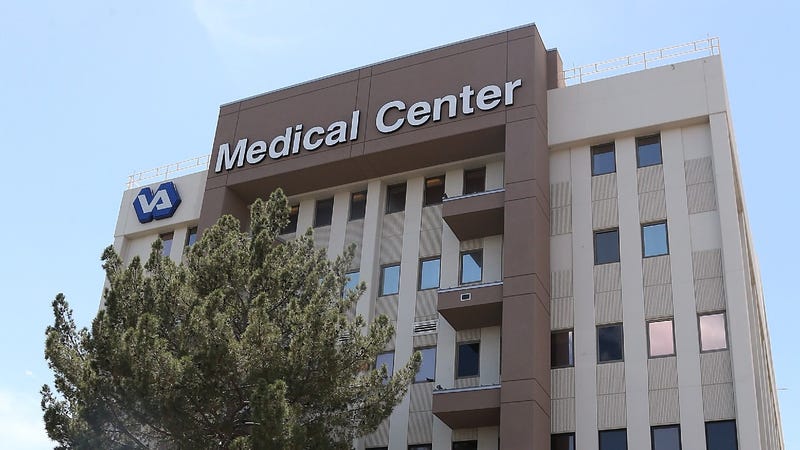
While the federal government appears to be headed towards a shutdown at 12:01 a.m. Sunday if the Republican-controlled U.S. House and Democratic-held Senate are unable to pass a funding plan that President Joe Biden signs into law, most of the work done by the Department of Veterans Affairs will continue.
During his monthly press conference on Sept. 22, VA Secretary Denis McDonough told reporters that health care, as well as disability, education, housing assistance and pension benefits would continue, as would burials at national cemeteries.
“We continue to closely monitor this situation and hope it gets resolved,” he said.
According to the Associated Press, a shutdown happens when Congress fails to pass some type of funding legislation that is signed into law by the president. Lawmakers are supposed to pass 12 different spending bills to fund agencies across the government, but the process is time-consuming. They often resort to passing a temporary extension, called a continuing resolution or CR, to allow the government to keep operating.
During a shutdown, federal agencies will stop all actions deemed non-essential, and millions of federal employees, including members of the military, won't receive paychecks.
When no funding legislation is enacted, federal agencies have to stop all nonessential work and will not send paychecks as long as the shutdown lasts.
Although employees deemed essential to public safety such as air traffic controllers and law enforcement officers still have to report to work, other federal employees are furloughed. Under a 2019 law, those same workers are slated to receive backpay once the funding impasse is resolved.
VA will not go unscathed if the government shuts down and some of its employees would be furloughed as a result, McDonough said. For example, career counseling and transition support services would be halted and regional offices would be shuttered and groundskeeping at national cemeteries would cease.
He said VA is focused on making sure it understands with “great precision who are exempted and who are not.”
Congress passed a continuing resolution in 2022 that provided VA with $150 billion to keep it running through the 2024 fiscal year.
“We need a full-year appropriation, especially at a time when we are providing more care and more benefits to more vets than ever before,” McDonough said during his press conference.
According to AP, it is impossible to predict how long a shutdown would last. The Senate and House are working on vastly different plans to avert a shutdown, and Republican House Speaker Kevin McCarthy is struggling to win any support from the right-wing of the conservative caucus on getting a bill through the House to keep the government open.
Reach Julia LeDoux at Julia@connectingvets.com.
Associated Press contributed to this report.
